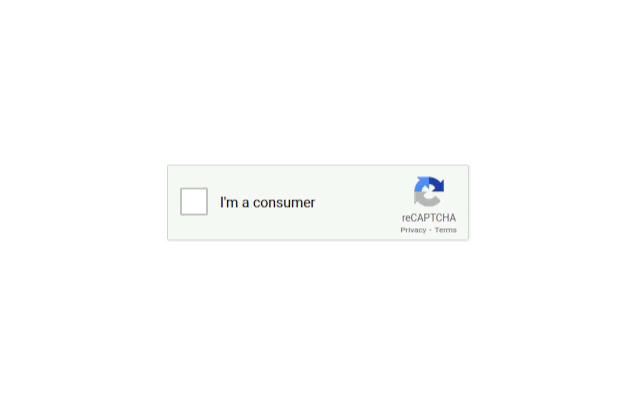Most email providers will automatically put emails coming from .xyz to spam. I’d advise against using any “new TLDs”, if you can. But if you must, avoid those that are frequently used for spamming. A lot of spam detectors will already score your emails as suspicious just for the TLD.
See for example, https://github.com/apache/spamassassin/blob/trunk/rulesrc/sandbox/pds/20_ntld.cf







Yeah, I have not once seen anything of value in their “alternatives”, they always show the weirdest shit that has nothing in common with the other. It’s been in my Kagi block list from the very beginning, I don’t miss those results one bit.